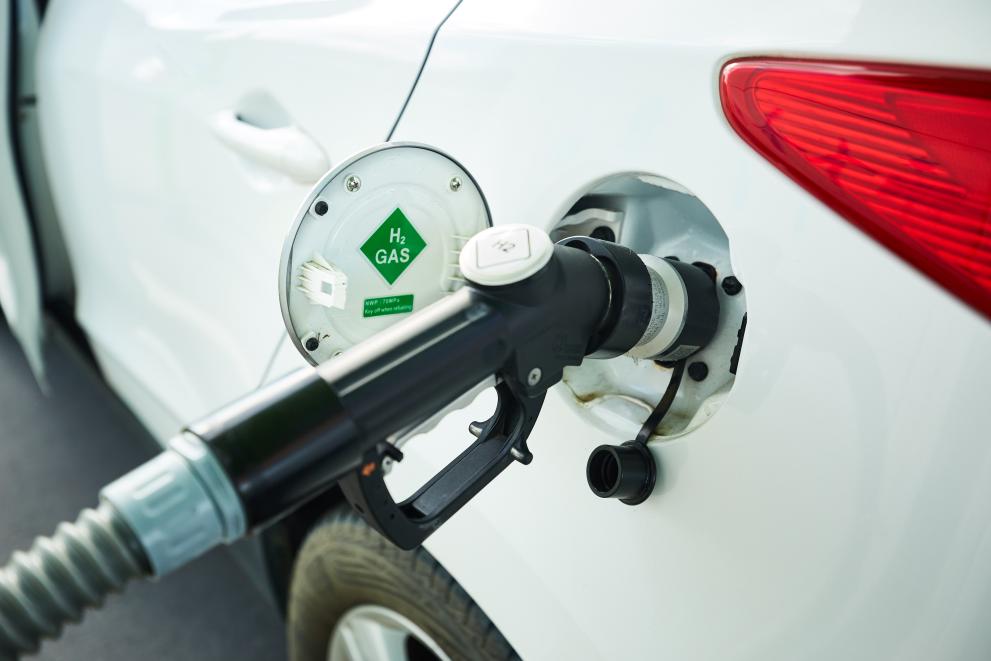
The Historical Analysis of Clean Hydrogen JU Fuel Cell Electric Vehicles, Buses and Refuelling Infrastructure Projects covers demonstration activities conducted during the past two decades, aimed at promoting hydrogen mobility in Europe.
The demonstration projects focused on testing the capabilities of Fuel Cell Electric Vehicles (FCEVs), Fuel Cell Electric Buses (FCEBs), and associated Hydrogen Refuelling Stations (HRS) to replace conventional vehicles, with over 1300 FCEVs and more than 400 FCEBs deployed from 2005 to 2023.
The projects aimed to accelerate the adoption of fuel cell technology in the EU car and bus manufacturing industry, while also providing climate benefits. They not only demonstrated the operational benefits and technological readiness of hydrogen-powered transportation but also laid the groundwork for a pan-European hydrogen refuelling network.
The report delves into the strategic initiatives, and recent developments that have shaped the EU's approach to hydrogen as a pivotal component of its energy transition, particularly within the transport sector.
The conclusions highlight the pivotal role that the Clean Hydrogen JU and its predecessors played in advancing hydrogen mobility, while also addressing challenges and offering key recommendations to foster the growth of hydrogen mobility in Europe.
Challenges identified include: competition from battery electric alternatives, high hydrogen fuel costs and a fragile supply chain for components.
Key recommendations include: continued investments in research and innovation, to reduce costs and enhance the efficiency of fuel cell systems, as well as hydrogen production and refuelling infrastructure; enhanced financial support, such as subsidies or tax incentives specific to hydrogen mobility and continuous supply chain development.
More information:
- Clean Hydrogen JU - funded hydrogen mobility projects .
- European Hydrogen Refuelling Stations Availability System
- Joint Research Centre (JRC)
Details
- Publication date
- 7 March 2024
- Authors
- Joint Research Centre | Clean Hydrogen Joint Undertaking
